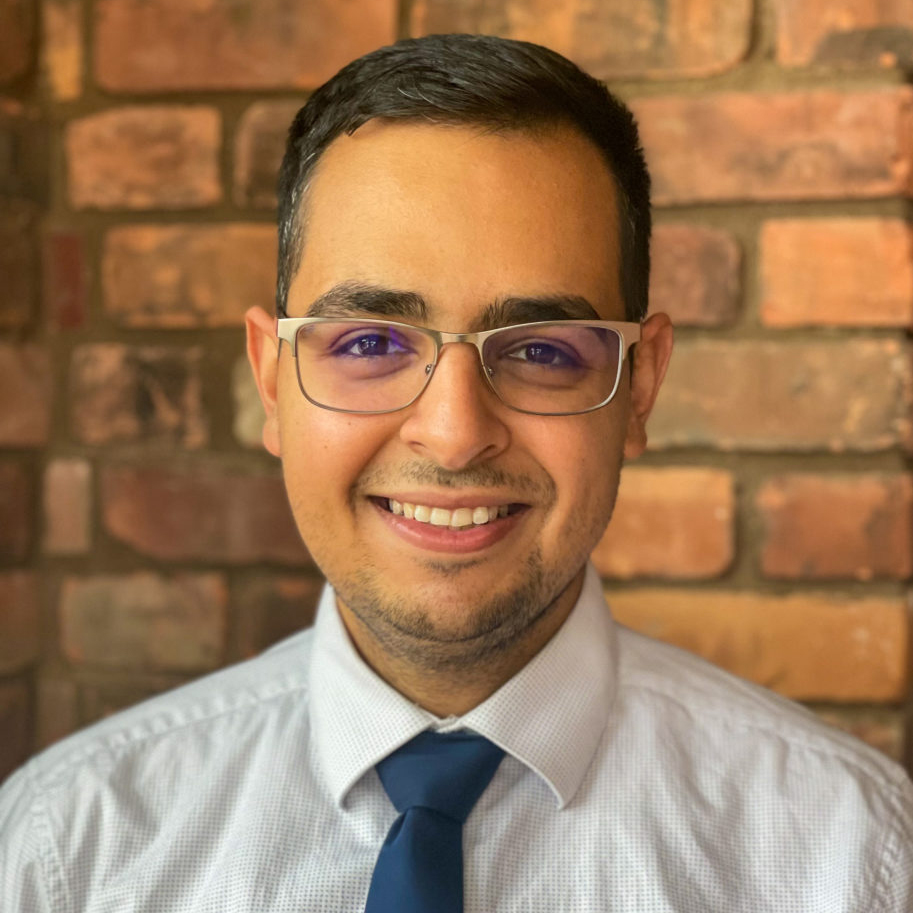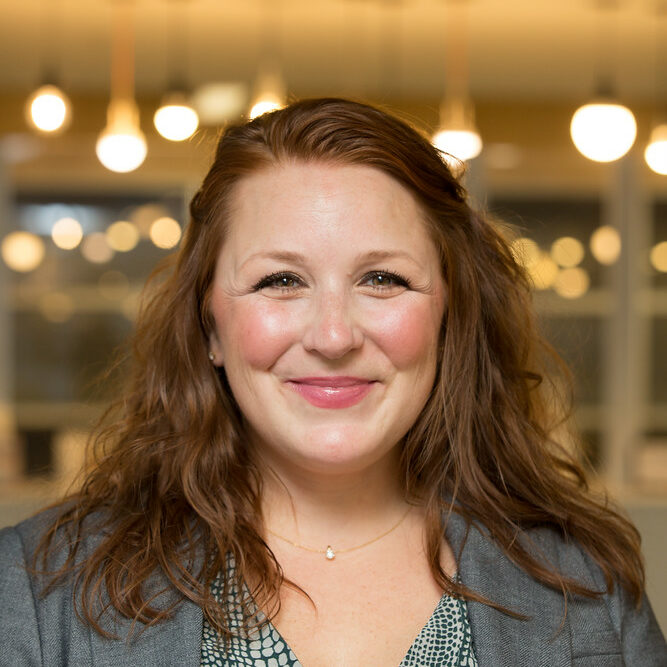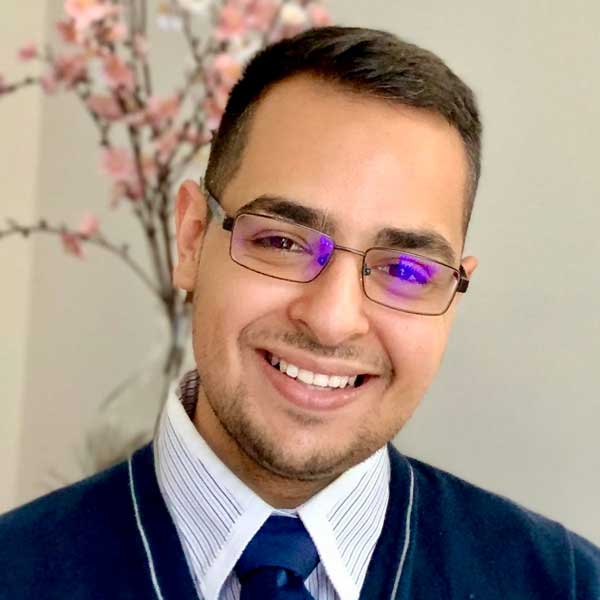
By Tariq Fanek
Director of Opportunity Neighborhoods, Global Detroit
As we move into 2024, we are celebrating significant advancements in the realm of economic development and, crucially, in the development and implementation of inclusive strategies designed to expand economic opportunity to historically marginalized communities. This past year witnessed an unprecedented surge in both investment and support from the Michigan Economic Development Corporation (MEDC), exceeding $90 million in released funds, in our state’s small business community. But beyond the impressive figures lies a deeper story – a story of deliberate, inclusive action driven by visionary leadership.

At the heart of this transformation stands Amy Rencher, a woman who has ignited a systemic shift in how government approaches economic development initiatives. Since joining the MEDC in 2022, after nearly seven years supporting Detroit’s small businesses through various positions at TechTown Detroit, Amy has brought a profound understanding of the vital role played by immigrant and minority-owned businesses and talent. With unwavering dedication, Amy has revolutionized funding opportunities and fostered a robust engagement with Michigan’s diverse small business ecosystem. This collaborative approach has ensured that the design of programs directly incorporates valuable feedback from the very communities they aim to serve.
One such impactful change is the adoption of the “Trusted Connector” terminology. This seemingly minor shift signifies a powerful commitment by the MEDC to inclusive economic development strategies. The New Economy Initiative defines “trusted connectors” as “organizations that maintain trusted relationships with small businesses through community-based engagement while focusing on specific geographies, population segments, and/or industry sectors.” Investing in “trusted connectors” can be a pivotal strategy that can ensure that small business programs and opportunities reach immigrant and minority entrepreneurs who have traditionally had difficulty in accessing such programs in the past.
Amy’s ability to encourage the adoption of “trusted connector” terminology speaks volumes about the MEDC’s understanding that success hinges on building bridges of trust and fostering meaningful relationships within diverse communities. For Global Detroit, this represents a significant victory in the ongoing fight for inclusion. It embodies the very essence of an inclusive economy – one where every individual, regardless of race, ethnicity, or origin, has the opportunity to pursue their entrepreneurial dreams.
Amy’s work also included helping to develop and launch a $75 million Small Business Support Hubs program that made grants to 27 organizations across Michigan to serve as entrepreneurial hubs providing comprehensive resources and support to the state’s small businesses. The 27 organizations selected will receive an average grant size of $2.7 million. MEDC projects that more than half of the businesses served by these hubs will be minority owned. Resources available from the hubs will include one-on-one coaching, cohort-based learning and accelerators, mentor matchmaking, pitch competitions, networking events, access to capital, partner referrals, and statewide resource navigation.

But this is only the beginning. The path towards truly inclusive economies demands unwavering commitment and a future-oriented vision. Michigan’s journey paves the way for a vibrant landscape, where new infrastructure supports the emergence and growth of green and blue micro-enterprises across the state. Importantly, it recognizes the potential within every individual, regardless of background, to contribute to Michigan’s economic and community development.
Global Detroit extends its deepest gratitude to the MEDC for its steadfast commitment to understanding and implementing inclusive approaches. We applaud Amy Rencher for her efforts and the remarkable progress achieved since her arrival at the MEDC. Her leadership serves as an inspiration, and we look forward to future endeavors where Global Detroit can continue to play a supportive role.
Amy’s work is a testament to the transformative power of collaboration and leadership. As we move forward, let us remember inclusive economies are not simply a matter of policy; they are the foundation of a thriving, prosperous, and equitable Michigan.

Tariq leads strategic planning for Global Detroit’s Opportunity Neighborhoods program, focusing on economic stability and support for diverse entrepreneurs. He has a background in operation management, nonprofit consultation, and disaster response.
